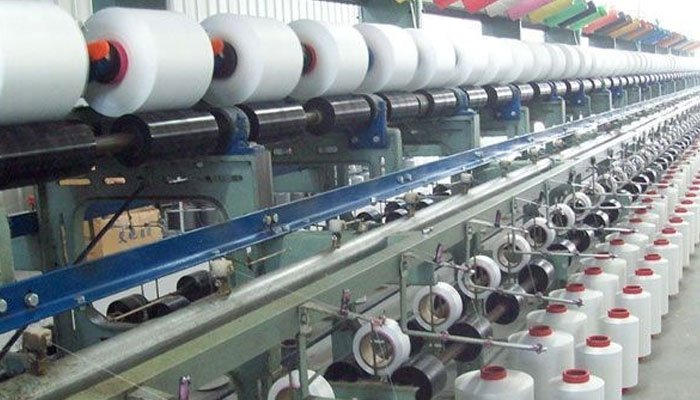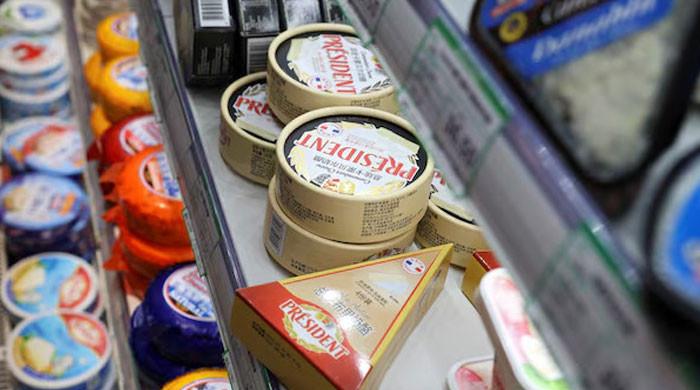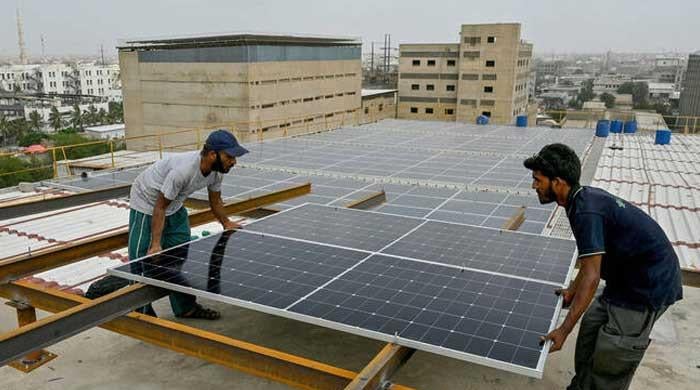Textile mill owners demand moratorium on gas, electricity bills amid spread of coronavirus
Textile mills association says government should help industry to avoid mass unemployment of workers
March 20, 2020

KARACHI: Textile mills on Thursday demanded that the government freeze gas and electricity bills for the spinning industry for at least two months to help it underpin exports sector amid the spread of the coronavirus that holds a potential recession risk, reported The News.
All Pakistan Textile Mills Association said that the government should help the textile spinning industry by freezing gas and electricity bills for at least two months “so that the industry may operate without any interruption in these difficult times and also to avoid mass unemployment of the workers”.
Also read: Government team to meet exporters as coronavirus threatens businesses
Zahid Mazhar, chair of the association for Sindh and Balochistan region, urged the government to take drastic measures to save export-oriented textile industry from the negative economic impact of novel coronavirus.
“Since its outbreak in mid-December 2019, coronavirus has caused turmoil in the world’s second-largest economy, China, with a trickle-down effect on nearly all big economies,” Mazhar said in a statement.
Also read: Coronavirus: Large-scale manufacturing contracts, downward trend to continue
A representative of the association emphasised the need for immediate steps to address the major issues of the industry and exporters, especially the liquidity problem “otherwise all the measures taken by them for reduction in current account deficit would go in vain”.
Mazhar demanded the government release the backlog of tax refunds, including deferred sales tax refund and payment of outstanding drawback of local taxes and levies.
Also read: 'Alarming situation going to turn worse': GDP growth target revised downwards to 2.6%
“This is the money that belongs to the business and should speedily be returned to help uninterrupted operation of the industry enabling to sustain employment and exports,” he said.
Mazhar demanded the government to restore zero-rated tax status for the five export-oriented industries to make them play role in the economic development through earning much-needed foreign exchange reserves.
Originally published in The News









